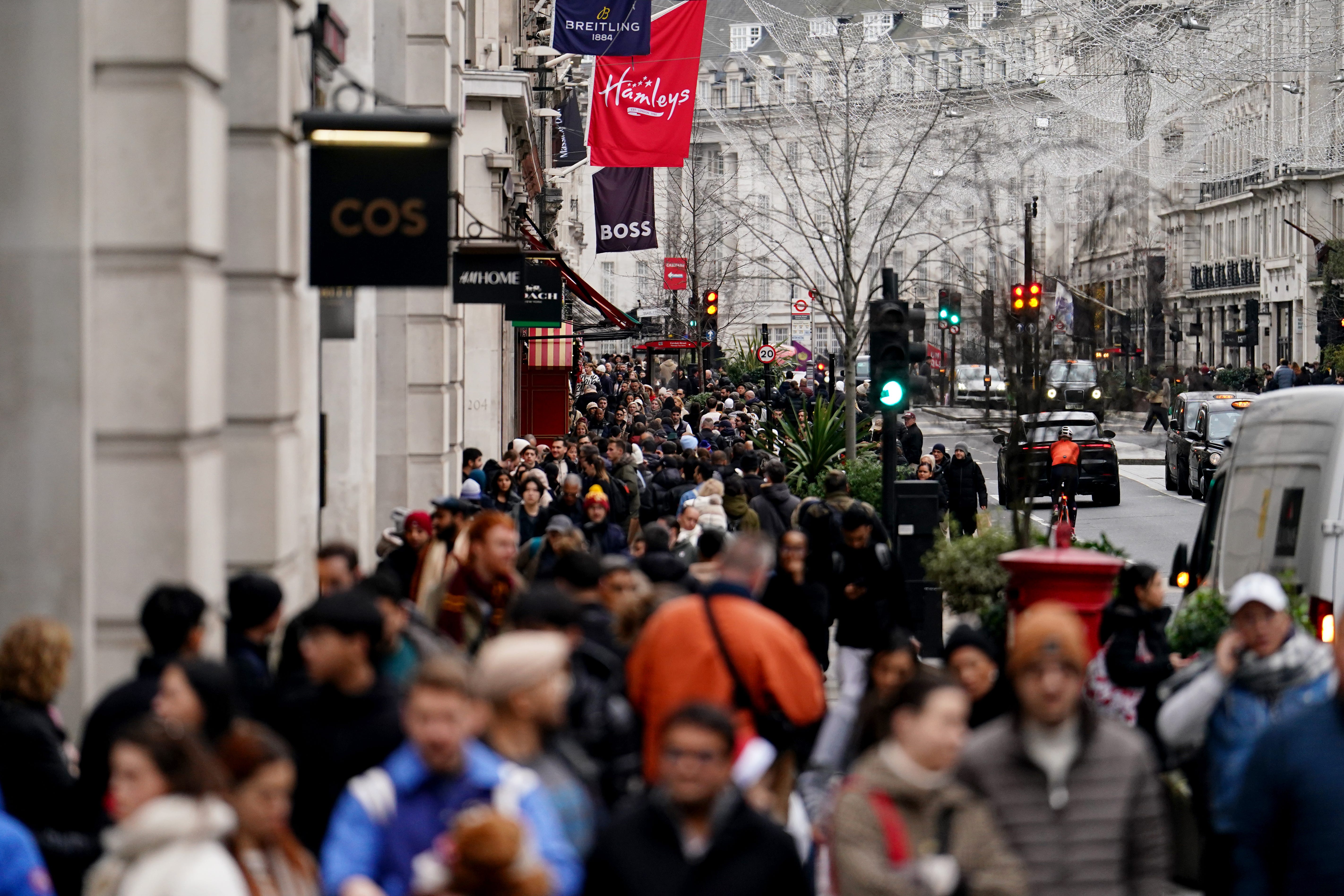Work and study visa applications drop 42% since restrictions introduced
Provisional Home Office figures show 547,000 applications were received between April and December 2024, down from 942,500 in the same period in 2023.

Your support helps us to tell the story
From reproductive rights to climate change to Big Tech, The Independent is on the ground when the story is developing. Whether it's investigating the financials of Elon Musk's pro-Trump PAC or producing our latest documentary, 'The A Word', which shines a light on the American women fighting for reproductive rights, we know how important it is to parse out the facts from the messaging.
At such a critical moment in US history, we need reporters on the ground. Your donation allows us to keep sending journalists to speak to both sides of the story.
The Independent is trusted by Americans across the entire political spectrum. And unlike many other quality news outlets, we choose not to lock Americans out of our reporting and analysis with paywalls. We believe quality journalism should be available to everyone, paid for by those who can afford it.
Your support makes all the difference.The number of people applying for visas to work and study in the UK fell by nearly 400,000 after restrictions were introduced in a bid to cut legal migration levels.
Provisional Home Office figures show 547,000 applications were received between April and December 2024, down from 942,500 in the same period in 2023.
The drop of 395,100, or 42%, has been driven by sharp falls in the number of overseas students and foreign care workers seeking to come to the country.
Restrictions gradually introduced by the former Conservative government between January and April last year, amid pressure to cut the record number of people legally arriving in Britain, included a ban on overseas care workers bringing family dependants and a hiked salary threshold for skilled workers to £38,700.
The aim was to slash the number of arrivals by 300,000 a year.
Other reforms meant overseas students were stopped from bringing their family with them to the UK and made it harder for Britons earning under the national average to bring over foreign spouses.
The policy changes prompted warnings that universities and the care industry could struggle to cope with the consequences.
The overall drop of 42% in visa requests for main applicants and dependants masks big differences in the size of the fall across the different categories of immigration papers available, according to PA news agency analysis of the latest figures published on Thursday.
Applications to come to the UK on a health and care worker visa fell by a much steeper figure of 79%, from 299,800 in April to December 2023 compared with 63,800 in the same period in 2024.
The social care sector previously hit out at the potential ramifications of the dependants ban, branding it “brutal” and blaming the policy for cutting a “lifeline of overseas staff”.
There was a 29% drop in sponsored study visa numbers, down from 546,100 in the nine months from April to December 2023, compared with 389,800 in the equivalent period last year.
Universities have warned of significant financial concerns as a result of frozen domestic tuition fees and a decline in overseas students following the policy changes.
By contrast, there was a much smaller drop of just 3% for main applicants and dependants applying for skilled worker visas, from 96,600 in April to December 2023 to 93,800 last year.
But this is higher than the number recorded in the equivalent nine-month period in 2022 (92,300).